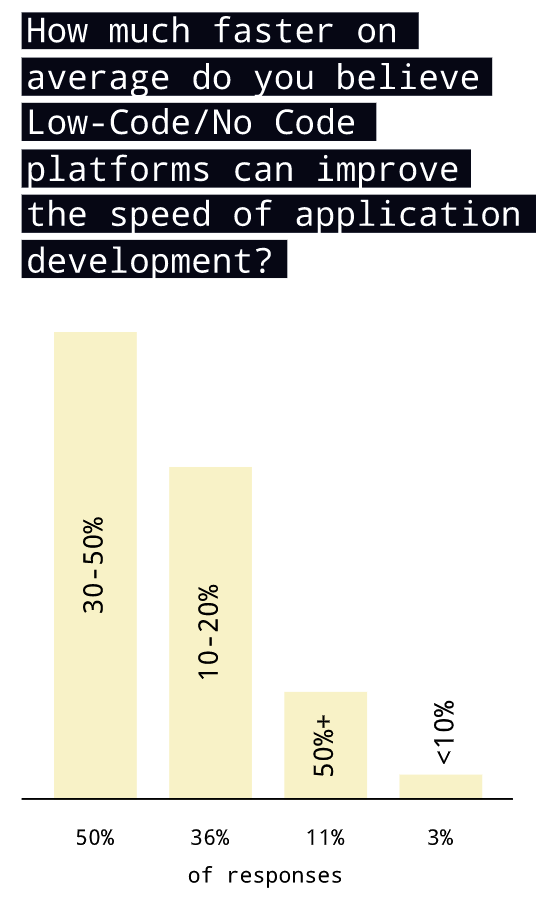Essential Documents Required for Home Equity Loan: Unlocking Your Home's Financial Potential
Guide or Summary:Key Documents Required for Home Equity LoanPreparing for Your Home Equity Loan ApplicationWhen considering a home equity loan, understandin……
Guide or Summary:
When considering a home equity loan, understanding the documents required for home equity loan is crucial to ensure a smooth application process. Home equity loans allow homeowners to tap into the equity they have built in their property, providing a valuable source of funds for various needs, such as home improvements, debt consolidation, or unexpected expenses. However, to successfully secure a home equity loan, you'll need to prepare a comprehensive set of documents that lenders typically require.
Key Documents Required for Home Equity Loan
1. **Proof of Identity**: Lenders will require valid identification, such as a driver's license or passport, to verify your identity. This step is essential for preventing fraud and ensuring that the loan is being issued to the rightful homeowner.
2. **Proof of Income**: To assess your ability to repay the loan, lenders will ask for documentation that demonstrates your income. This may include recent pay stubs, W-2 forms, or tax returns for self-employed individuals. Providing consistent and verifiable income statements is vital for a successful application.

3. **Credit Report**: Lenders will review your credit history to determine your creditworthiness. They may pull your credit report, so it’s wise to check your credit score beforehand. A higher credit score can lead to better loan terms and interest rates.
4. **Home Appraisal**: Since home equity loans are secured by your property, lenders will require an appraisal to determine the current market value of your home. This process helps them assess how much equity you have available to borrow against.
5. **Mortgage Statement**: If you currently have a mortgage on your home, you will need to provide the latest mortgage statement. This document shows the remaining balance on your mortgage and helps lenders calculate your total equity.
6. **Debt Information**: Lenders will want to understand your financial obligations. Be prepared to provide information about any existing debts, such as credit card balances, student loans, or personal loans. This information helps lenders evaluate your debt-to-income ratio.

7. **Title Insurance**: Some lenders may require proof of title insurance to ensure that there are no liens or claims against your property that could affect the loan.
8. **Loan Application**: Finally, you will need to complete a loan application form, which includes personal information, financial details, and the amount you wish to borrow. This document serves as the foundation of your loan request.
Preparing for Your Home Equity Loan Application
Gathering the documents required for home equity loan can seem daunting, but being organized can streamline the process. Start by creating a checklist of all the necessary documents and ensure you have the most recent versions available. This preparation will not only speed up your application but also demonstrate to lenders that you are serious and ready to proceed.
Additionally, consider consulting with a financial advisor or mortgage professional who can guide you through the process and help you understand the implications of taking out a home equity loan. They can also provide insight into the best loan options available based on your financial situation.

In conclusion, understanding the documents required for home equity loan is essential for homeowners looking to leverage their property’s equity. By preparing the necessary documentation and working with professionals, you can unlock the financial potential of your home and achieve your financial goals. Whether it’s funding a renovation, consolidating debt, or covering unexpected expenses, a home equity loan can be a powerful tool in your financial arsenal.